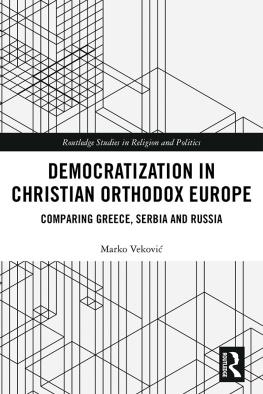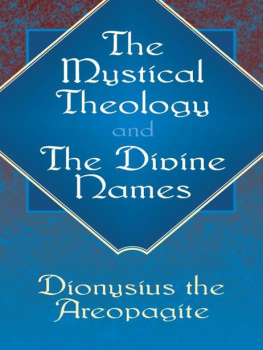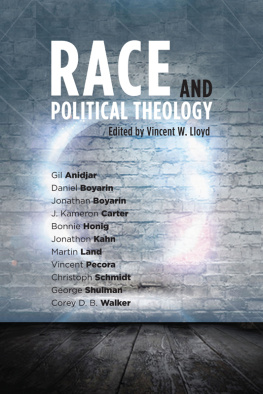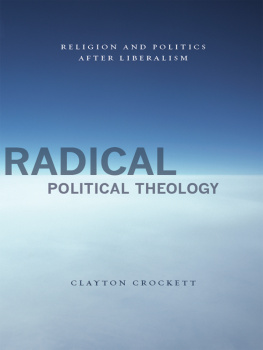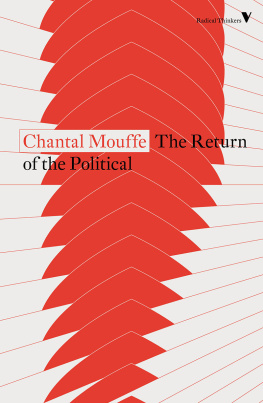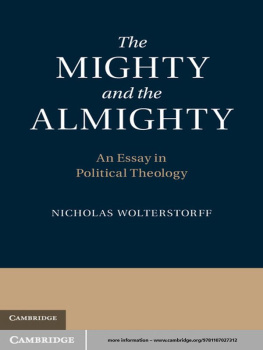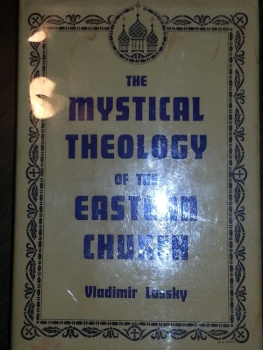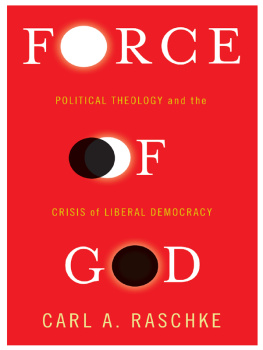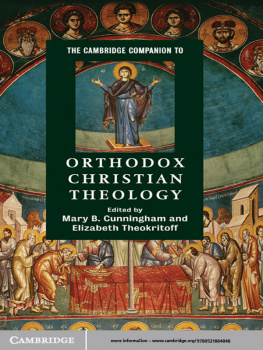Aristotle Papanikolaou - The Mystical as Political: Democracy and Non-Radical Orthodoxy
Here you can read online Aristotle Papanikolaou - The Mystical as Political: Democracy and Non-Radical Orthodoxy full text of the book (entire story) in english for free. Download pdf and epub, get meaning, cover and reviews about this ebook. City: Notre Dame, IN, year: 2012, publisher: University of Notre Dame Press, genre: Religion. Description of the work, (preface) as well as reviews are available. Best literature library LitArk.com created for fans of good reading and offers a wide selection of genres:
Romance novel
Science fiction
Adventure
Detective
Science
History
Home and family
Prose
Art
Politics
Computer
Non-fiction
Religion
Business
Children
Humor
Choose a favorite category and find really read worthwhile books. Enjoy immersion in the world of imagination, feel the emotions of the characters or learn something new for yourself, make an fascinating discovery.

- Book:The Mystical as Political: Democracy and Non-Radical Orthodoxy
- Author:
- Publisher:University of Notre Dame Press
- Genre:
- Year:2012
- City:Notre Dame, IN
- Rating:3 / 5
- Favourites:Add to favourites
- Your mark:
The Mystical as Political: Democracy and Non-Radical Orthodoxy: summary, description and annotation
We offer to read an annotation, description, summary or preface (depends on what the author of the book "The Mystical as Political: Democracy and Non-Radical Orthodoxy" wrote himself). If you haven't found the necessary information about the book — write in the comments, we will try to find it.
Papanikolaou hopes to forge a non-radical Orthodox political theology that extends beyond a reflexive opposition to the West and a nostalgic return to a Byzantine-like unified political-religious culture. His exploration is prompted by two trends: the fall of communism in traditionally Orthodox countries has revealed an unpreparedness on the part of Orthodox Christianity to address the question of political theology in a way that is consistent with its core axiom oftheosis; and recent Christian political theology, some of it evoking the notion of deification, has been critical of liberal democracy, implying a mutual incompatibility between a Christian world view and that of modern liberal democracy.
The first comprehensive treatment from an Orthodox theological perspective of the issue of the compatibility between Orthodoxy and liberal democracy, Papanikolaous is an affirmation that Orthodox support for liberal forms of democracy is justified within the framework of Orthodox understandings of God and the human person. His overtly theological approach shows that the basic principles of liberal democracy are not tied exclusively to the language and categories of Enlightenment philosophy and, so, are not inherently secular.
Aristotle PapanikolaousThe Mystical as Politicalis a stellar contribution to the analysis of Orthodox thought and also to current debates about theology and politics. For too long scholars in the Western academy have failed to engage the resources and insights of Orthodox theology. This book aptly shows those resources and insights in a way that marks a genuine advance in thought.The Mystical as Politicalrewards its reader with fresh insight into the complex relation between faith and politics. Papanikolaou is a rising star on the theological scene. This book deserves wide readership as a crucial theological contribution to debates about our political and personal lives. William Schweiker, University of Chicago
InThe Mystical as Political, Papanikolaou not only guides readers through the rich legacy of Eastern Orthodox political thought, from the formative struggles of the pre-Constantinian era to the post-Enlightenment, post-Ottoman, and post-Communist challenges encountered today, but also presents a compelling argument that Orthodoxys goal of divine-human communion canand shouldinclude core elements of modern liberal democracy and the human rights tradition. This study signals a new phase in political theology for Orthodox and non-Orthodox alike, and it secures Papanikolaous place as one of todays leading Orthodox thinkers and theological bridge-builders. Perry T. Hamalis, North Central College
Aristotle PapanikolaousThe Mystical as Politicalwill be the standard Eastern Orthodox text in classes on theology and politics. It evinces a thorough engagement with the current debates in theology and politics, a rich awareness of the theological issues at stake, and a crisply distinctive position of its own. It will be enormously educational for classroom use, as well as being an immense contribution to the scholarly conversations on these matters. Charles Mathewes, University of Virginia
Aristotle Papanikolaou: author's other books
Who wrote The Mystical as Political: Democracy and Non-Radical Orthodoxy? Find out the surname, the name of the author of the book and a list of all author's works by series.

